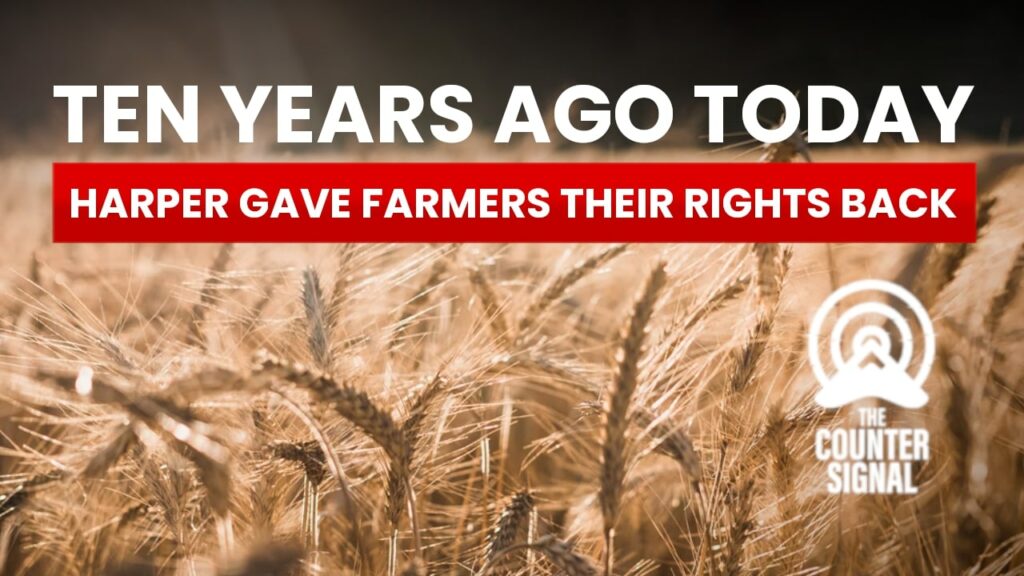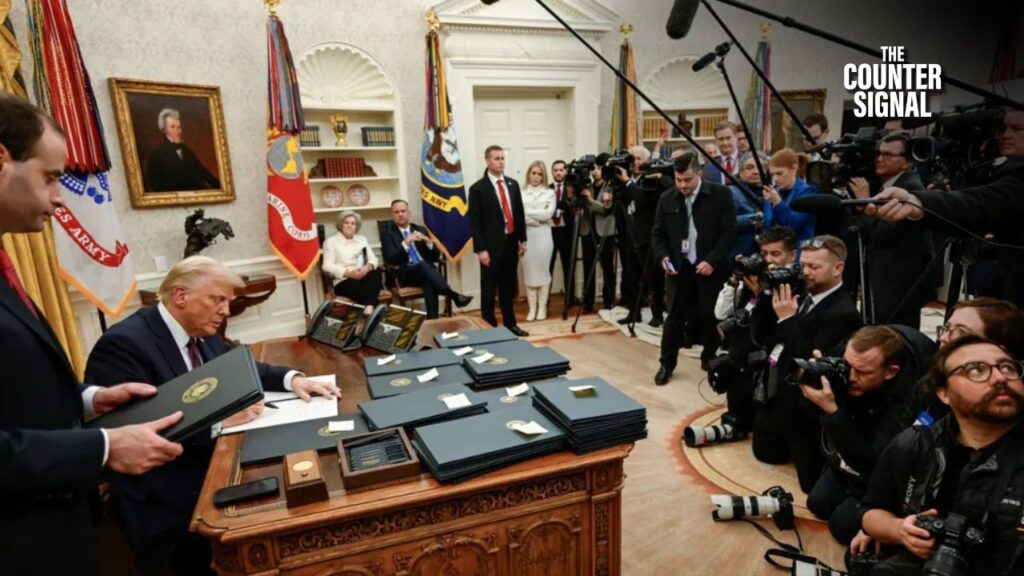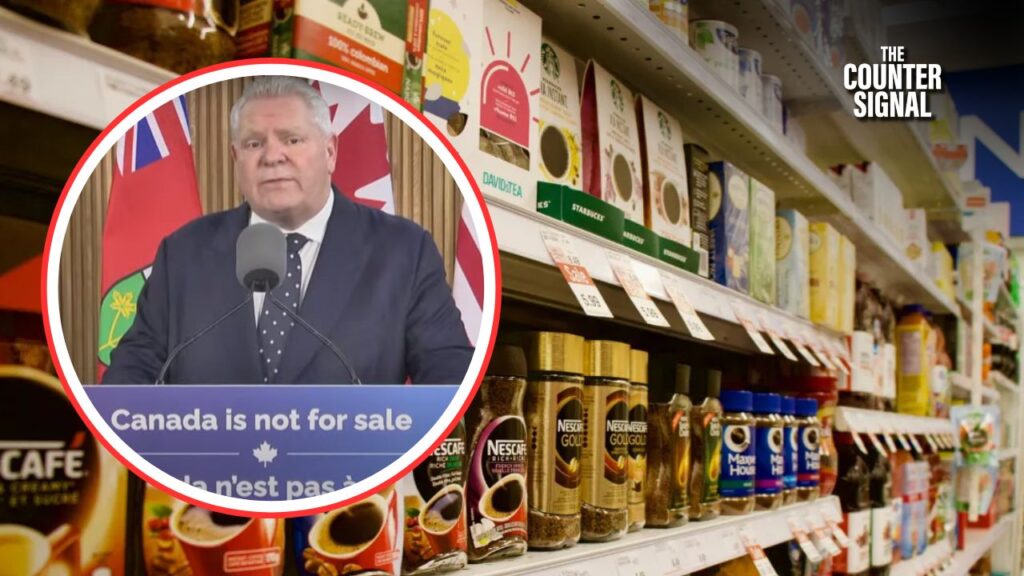It’s been exactly ten years since the Harper government took the monopsony power of the Canadian Wheat Board away and gave it back to the farmers of Western Canada.

On August 1, 2012, Stephen Harper and the finally-majority Conservative government fulfilled their promise to return power to the farmers of Western Canada, whose market choice had long been stolen away by the federal government.
Before passing the Marketing Freedom for Grain Farmers Act, farmers could only sell to one customer: the Canadian Wheat Board (CWB), which acted as the ultimate marketing arm for the sale of wheat and barley out of Saskatchewan, Alberta, Manitoba, and parts of BC.
The CWB purchased all grain and barley grown in Western Canada, which they, in turn, sold in Canada and abroad before redistributing whatever profits were made back to farmers. If a farmer attempted to go rogue and sell crops grown on their own land, it was illegal, and many farmers were arrested.
As reported by the CBC on August 2, 2012, when the organization was a little more honest, Harper pardoned all such “criminals” who attempted to sell their own crops.
“Never, never again” will Western farmers be punished for selling crops they grew on their land, Harper said to much applause.
In one example, Harper said that some farmers were arrested and later convicted for merely driving “a few loads of grain” across the border.
“In one case, it was the gift of grain to a 4-H club,” Harper recalled.
“These people were not criminals. They were our fellow citizens. Citizens who protested injustice by submitting themselves peacefully to the consequences of challenging injustice.”
However, some, specifically unionists from the National Farmers Union, were less enthusiastic, to put it mildly, saying that then-PM Stephen Harper swung “a wrecking ball” and “destroyed one of the most important institutions working for economic justice for farmers.”
Of course, the CWB wasn’t abolished. Rather, it became privatized. Though, its final fate was to have a 50.1% stake in the company gobbled up by a US agrifood company and an investment fund owned by Saudia Arabia, while 49.9% was secured in a trust for farmers still selling grain to the board.
Its influence on the Canadian agricultural landscape has expectedly diminished significantly, with the centralized stranglehold over Western farmers slowly becoming a distant memory still begrudged by those in power.









